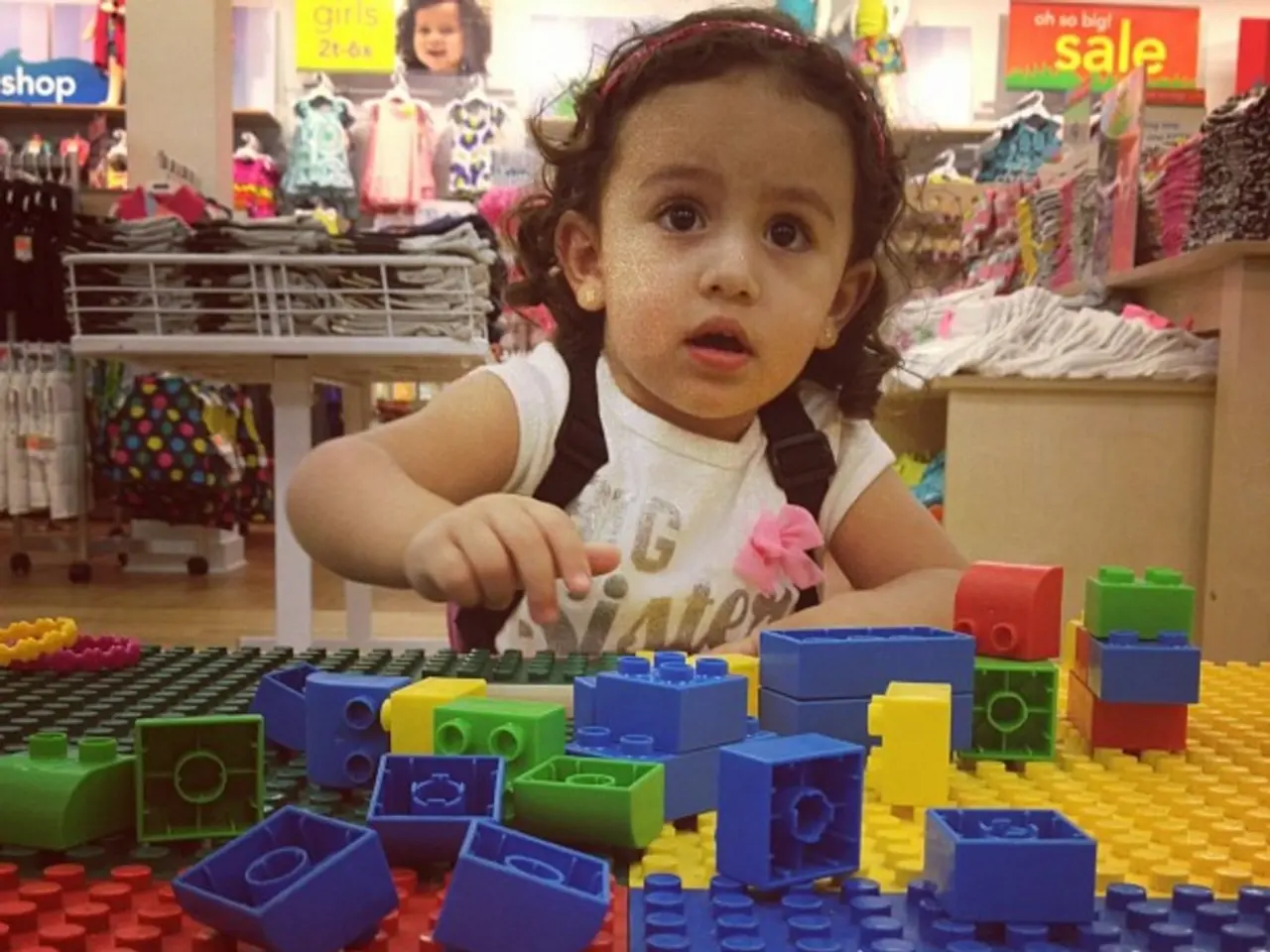Overzealous Parenting: Unseen Expenses of Excessive Parental Involvement
In a world where the well-being of children is of utmost importance, it's crucial to understand that feelings such as disappointment, boredom, and awkwardness are not things to be shunned. Instead, they are an integral part of life, providing opportunities for children to build emotional endurance and resilience.
Unfortunately, a growing trend known as overparenting has been identified as a potential hindrance to child development. This behaviour, characterized by excessive protection and psychological control, restricts children's development of independence and coping abilities, leading to higher anxiety, stress, and depression in adolescents and young adults [1].
Common behaviours of overparenting include constantly stepping in to solve problems, monitoring every academic or extracurricular activity, making decisions on behalf of the child, and avoiding any situation where the child might experience discomfort, failure, or disappointment.
The consequences of overparenting are far-reaching. Children may struggle with delayed self-care skills, poor emotional regulation, difficulties in taking responsibility, and academic failure due to the lack of appropriate boundaries and autonomy [2]. Overparenting is also linked with increased narcissism and poor coping mechanisms in adult children, including internalizing and distancing behaviours, which exacerbate mental health challenges [1].
Addressing overparenting involves shifting from control and overprotection towards supporting children's autonomy and emotional well-being through structured, responsive parenting strategies. This includes fostering healthy emotional support, allowing children to experience challenges, learning to let go, and gradually increasing their independence and problem-solving skills [3][4].
Parent education to recognise and adjust overparenting tendencies, and promote balanced guidance—combining support with accountability—is crucial for positive child outcomes [1][2]. Instead of jumping in with solutions, parents should ask, "What do you think you should do?" This empowers kids to problem-solve and build decision-making skills.
Overparenting does not stem from a lack of love, but from doing too much. It's important to remember that children don't need perfect parents; they need present, thoughtful, and self-aware ones. By allowing children to experience failure in safe, age-appropriate ways, we can help build resilience.
In essence, the most loving thing we can do is step back and let them grow, on their own terms, at their own pace. By doing so, we are raising children who are equipped to handle the challenges of real life.
- In the realm of education and self-development, it's essential for parents to be aware of the impact of overparenting on their children's lifestyle and future relationships.
- Embracing a balanced approach to parenting, focusing on fostering autonomy and emotional well-being, can contribute significantly to improving family dynamics and health-and-wellness, preparing children for a resilient future.
- Science reveals that healthy parenting strategies, that encourage independent problem-solving and stress the importance of understanding one's feelings, can lead to long-term benefits in a child's science, health, and wellness, as well as their overall lifestyle and relationships.




